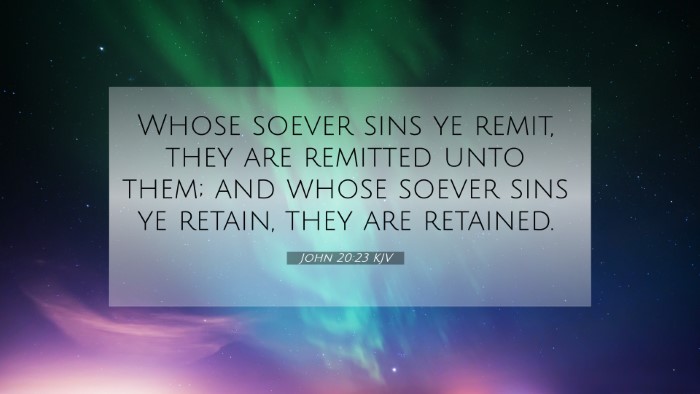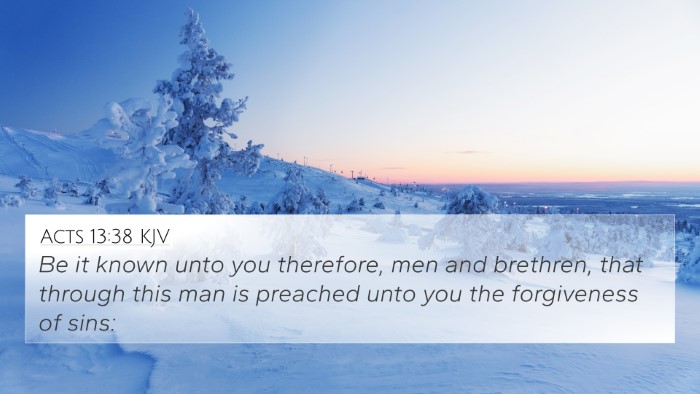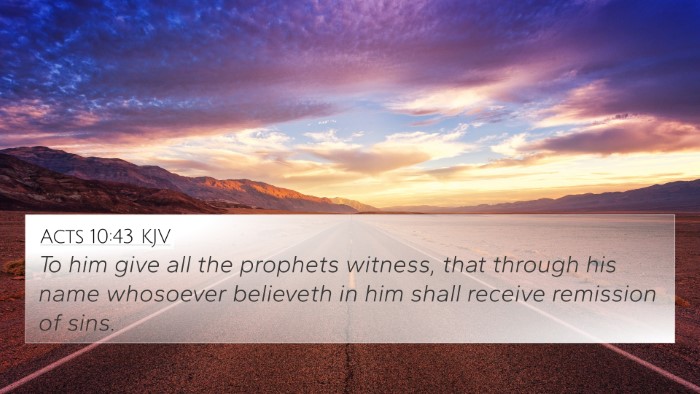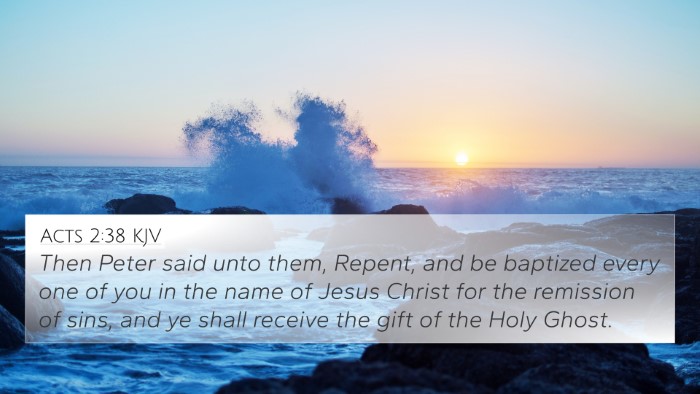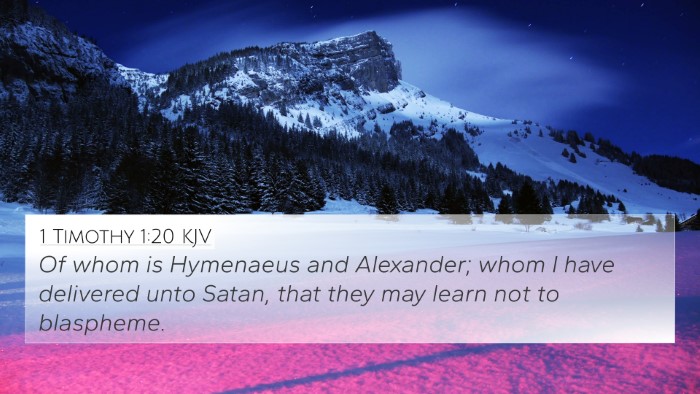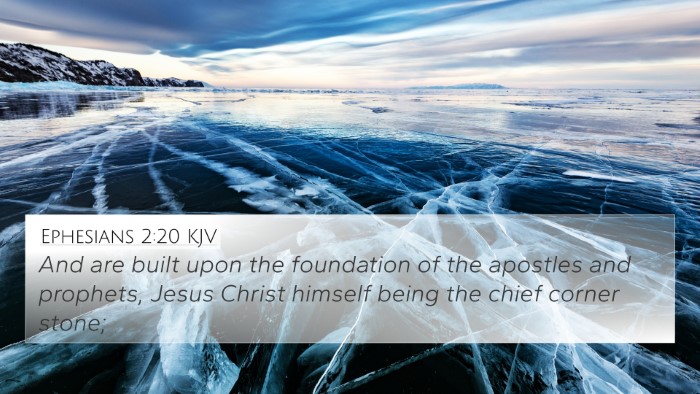Meaning and Interpretation of John 20:23
John 20:23 (KJV): "Whosoever sins ye remit, they are remitted unto them; and whosoever sins ye retain, they are retained."
Summary of Insights
This profound verse serves as a pivotal element in Christ's post-resurrection commissioning of His disciples. Various public domain commentaries distill its significance, offering rich theological insights:
- Matthew Henry: Emphasizes the authority given to the apostles to preach forgiveness and to determine the consequences of sin. This passage highlights the critical nature of the church's role in addressing sin and the importance of repentance in the believer's life.
- Albert Barnes: Discusses the implications of this verse for church governance and the sacramental authority to bind and loose sins. Barnes draws attention to the necessity of faith in Christ for the remission of sins, and the responsibility that comes with the authority given to the apostles.
- Adam Clarke: Offers a nuanced look at the interpretive challenges of the verse, suggesting that while the apostles had a unique role, the perspective could extend to the overarching message of Christ’s forgiveness being proclaimed through his church, urging believers toward active participation in the life of faith.
Theological Themes
The verse opens up several theological themes relevant to understanding the relationship between believers and the forgiveness of sins:
- Authority of the Church: As per Matthew Henry, the apostles were given divine authority to intervene in spiritual matters, which now extends to the church.
- Repentance and Forgiveness: The essence of this verse centers on the necessity of genuine repentance as highlighted by Albert Barnes, alongside the church's role in facilitating forgiveness.
- Spiritual Consequences: Adam Clarke notes that the retention or remission of sin has spiritual implications, echoing the need for discernment and responsibility in pastoral care.
Cross-Referencing Related Bible Verses
To better understand John 20:23, several relevant cross-references can be examined:
- Matthew 16:19: "And I will give unto thee the keys of the kingdom of heaven: and whatsoever thou shalt bind on earth shall be bound in heaven..." - This verse speaks to the authority given to the apostles, highlighting their role in the spiritual governance of the church.
- 2 Corinthians 2:10: "To whom ye forgive any thing, I forgive also..." - Reflects the mutual responsibility in forgiving sins within the community of believers.
- James 5:16: "Confess your faults one to another, and pray one for another, that ye may be healed..." - Further emphasizes the communal aspect of sin, confession, and forgiveness.
- Luke 24:47: "And that repentance and remission of sins should be preached in his name among all nations..." - This reinforces the call to preach forgiveness in the name of Jesus.
- Acts 13:38-39: "Be it known unto you therefore, men and brethren, that through this man is preached unto you the forgiveness of sins..." - Directly ties to the message of forgiveness through Christ.
- 1 John 1:9: "If we confess our sins, he is faithful and just to forgive us our sins..." - Asserts personal responsibility in seeking forgiveness.
- Matthew 18:18: "Verily I say unto you, Whatsoever ye shall bind on earth shall be bound in heaven..." - Similar in theme to John 20:23, addressing the authority of believers in dealing with sin.
- Romans 4:7-8: "Blessed are they whose iniquities are forgiven, and whose sins are covered..." - Highlights the joy and blessing associated with the forgiveness of sins.
Application in Contemporary Faith
This verse and its corresponding themes urge modern believers to engage meaningfully with their faith community. Understanding the weight of sin and the joy of forgiveness is key to personal and communal spiritual health.
Furthermore, recognizing the implications of John 20:23 can lead to deeper insights such as:
- Tools for Bible Cross-Referencing: Using a Bible concordance or a cross-reference Bible study can unveil interconnected themes across scripture.
- Cross-Referencing Bible Study Methods: Methods like thematic studies can draw parallels between John 20:23 and verses that explore forgiveness.
- How to Find Cross-References in the Bible: Engaging with commentaries like those from Matthew Henry or Adam Clarke will assist in locating these essential connections.
- Identifying Connections Between Old and New Testament: Understanding how themes of sin, guilt, and forgiveness transition from Old Testament sacrificial systems to New Testament grace is crucial.
Conclusion
John 20:23 encapsulates the biblical mandate for forgiveness and the complex dynamics of sin within the Body of Christ. By studying this verse through public domain commentaries and varied cross-references, believers are encouraged to actively partake in the ministry of reconciliation.


